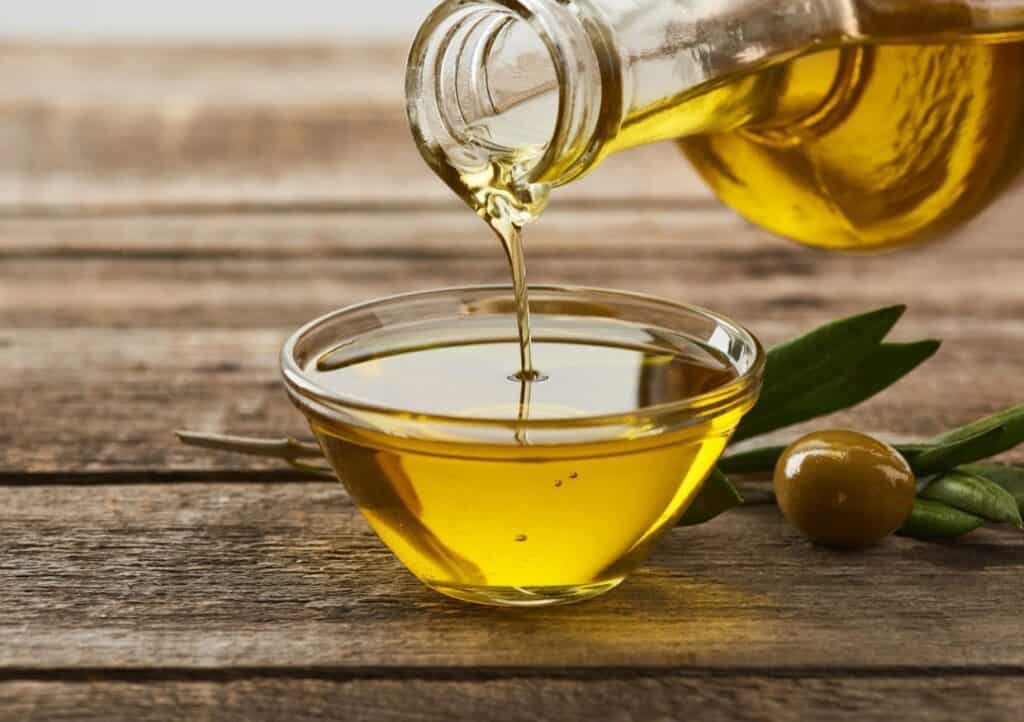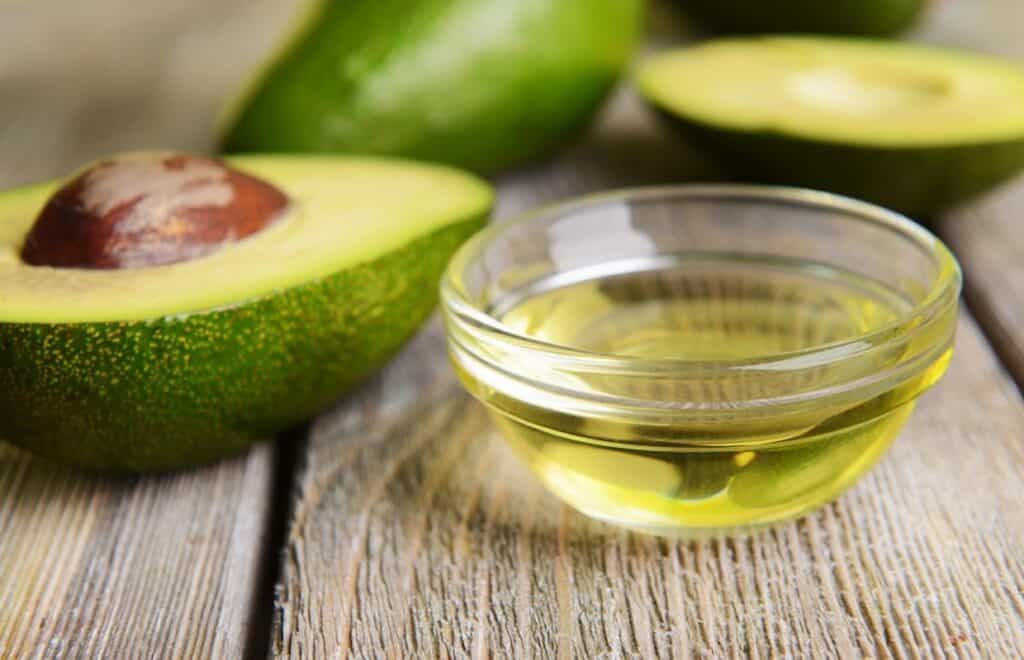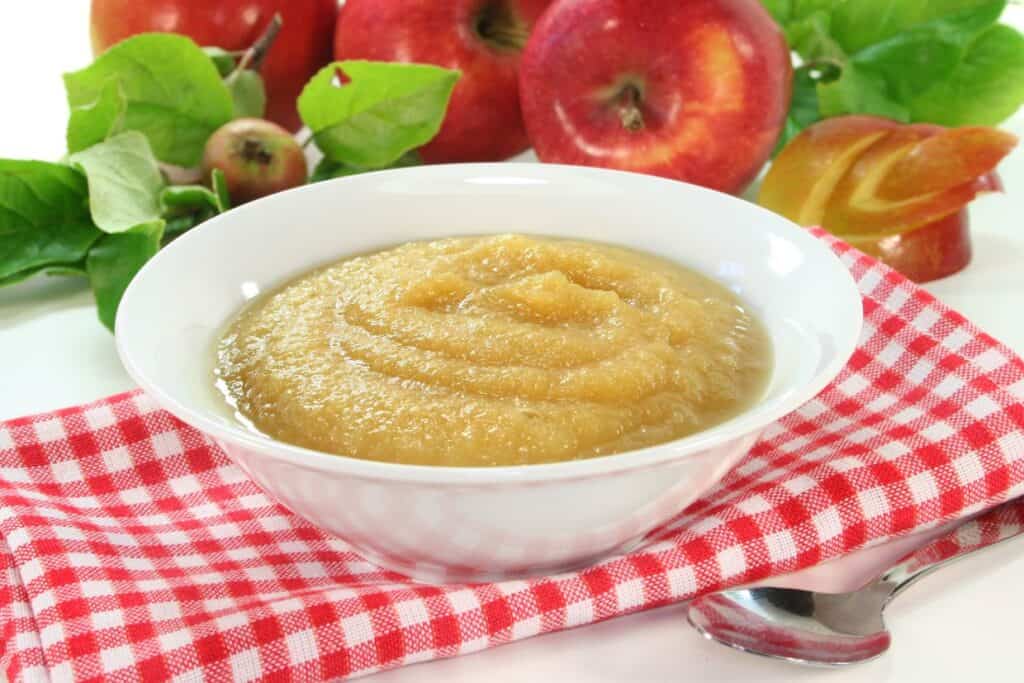Vegetable oil is a kitchen staple due to its neutral flavor, which makes it a versatile ingredient. It’s used in everything from baking cakes to sauteing vegetables. However, many home cooks are seeking alternatives to vegetable oil due to dietary restrictions, personal preferences or simply because they’re running low on supplies.

From avocado oil to coconut oil, there’s a vegetable oil substitute for every preference and cooking technique. Whether you’re looking to reduce your consumption of processed foods, try new flavors or find a healthier way to cook, this article will help you find the right substitute.
Why you need vegetable oil
Vegetable oil serves certain purposes in baking and cooking. Here are some reasons why you need it:
- It adds moisture to baked goods because it stays liquid at room temperature, which contributes to a moister texture.
- Vegetable oil slows down gluten formation, which helps baked goods stay tender and fluffy.
- It has a neutral taste, so it doesn’t change the flavor and lets the taste of the main ingredients shine through.
- Vegetable oil can help baked goods last longer.
- Its high smoke point makes it ideal for frying, sauteing, grilling, roasting and stir-frying.
- Vegetable oil helps keep food from sticking to the pan.
- Due to its light, neutral flavor, it is used as a base for dressings and vinaigrettes.
- Vegetable oil is used as a base for marinades because it helps tenderize meats and vegetables.
Common vegetable oil substitutes
Vegetable oil is a staple in many kitchens, but it’s not the only option. The choices are diverse, from olive oil and butter to avocado oil and applesauce.
Canola oil
Canola oil has a neutral flavor and a high smoke point. It’s free of trans fats, low in saturated fats and is a good source of monounsaturated fats. Canola oil works for baking, frying, roasting, salad dressings, sauces and marinades. It can be used as a one-for-one substitute for vegetable oil.
Peanut oil
Peanut oil doesn’t taste like peanuts and has a neutral flavor. It can be expensive, though. Due to its high smoke point, peanut oil is especially good for frying. It works best for deep-frying, stir-frying and oven-frying. Peanut oil can also be used in baked goods like cakes, cookies, muffins and breads. It can be substituted for vegetable oil in a one-to-one ratio.
Avocado oil

Avocado oil has a buttery taste and has the highest smoke point of all plant-based cooking oils. It’s best for high-heat cooking, like sauteing, roasting and searing. Avocado oil can also be used in baked goods like cakes and quick breads as a one-for-one substitute for vegetable oil.
Olive oil
Olive oil is rich in monounsaturated fats and contains large amounts of antioxidants. It is considered healthier than vegetable oil, and in most recipes, you can use it in its place instead as a one-for-one replacement. Olive oil works well in marinades, salad dressings, sauces, sauteing and stir-frying. It is not recommended for baking due to its strong flavor or for deep-frying because of its low smoke point.
Melted butter
Butter has its own distinct flavor, so it may change the flavor of your dish slightly. It also has a lower smoke point than vegetable oil, so it’s best for marinades, salad dressings, sauces, sauteing and stir-frying. It can be used in baking, but your baked goods will have a different texture due to the butter’s higher water content and lower fat content. Cookies will spread and be slightly crispier on the outside. To use butter as a one-to-one substitute, melt and measure, then cool to room temperature before using.
Coconut oil
Coconut oil also has a distinct flavor, so it may change the flavor of your recipe. It has a lower smoke point, so it works best for sauteing and stir-frying. Coconut oil can be used in baking, making baked goods richer and fudgier. It is solid at room temperature, so you will have to melt the oil before using it. Make sure your other ingredients aren’t too cold, or the coconut oil will solidify. It can be used as a one-for-one replacement for vegetable oil.
Mayonnaise
Mayonnaise can be used in baked goods but isn’t a good replacement when cooking. It adds richness and moisture and works well with chocolate desserts. Mayonnaise can be used as a one-for-one substitute for vegetable oil.
Applesauce

Applesauce adds moisture and a creamy texture and can be used in place of vegetable oil in baked goods. It is naturally fat-free and sweet, so you can leave out some of the sugar in your recipe if you choose. However, the lack of fat will make your baked goods more dense. To use applesauce as a substitute for vegetable oil, replace every cup of vegetable oil with three-quarters cup of applesauce.
“Substituting applesauce for vegetable oil in baking is a fantastic way to reduce fat while keeping your baked goods moist and delicious. It substitutes one-to-one for vegetable oil and, in my opinion, works best when complemented by recipes with vanilla or fruity flavors, like muffins or cobblers.”
— Sharon McCaskill, MA, RDN, The Helpful GF
Greek yogurt
Greek yogurt is low-fat, has a creamy texture and adds moisture. It works as a replacement in baking but not cooking. Your baked goods will lose some richness but be quite moist. Greek yogurt can be used as a one-for-one replacement for vegetable oil.
Final thoughts
With a variety of options available, finding the right substitute for vegetable oil is simpler than ever. Experimenting with different replacements can enhance your dishes and accommodate dietary restrictions or personal preferences. Remember to consider the type of dish, the desired flavor and the smoke point for best results.
Heidi is a Certified Elementary School Teacher in the Inland Northwest and has been teaching for 18 years. She is also a vintage recipe blogger at Real Life of Lulu, where she focuses on recipes that are at least 50 years old, many from her grandparents’ kitchens. When she isn’t teaching or baking, she loves spending time with her husband and three kids.